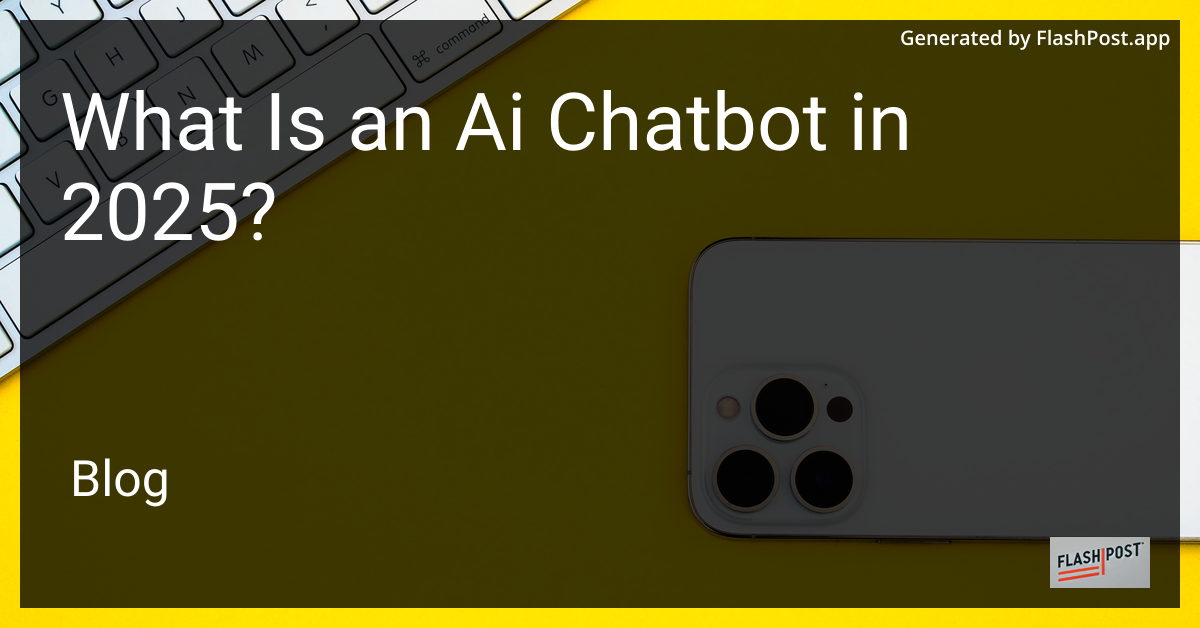
In 2025, AI chatbots have evolved significantly from their early versions. They are not only tools for basic customer service but have become integral components of digital transformation across various industries. These sophisticated systems leverage advanced Natural Language Processing (NLP) and deep learning algorithms to provide meaningful interactions with users.
Over the years, AI chatbots have transformed from rule-based systems to more adaptive and intelligent assistants. Today, they are capable of handling complex queries, context switching, and learning from interactions to improve over time. Businesses looking to implement these advanced systems can learn more about creating AI chatbots.
1. Human-like Conversations: Through refined NLP and Machine Learning techniques, AI chatbots now offer conversations that are virtually indistinguishable from human interactions.
2. Omnichannel Presence: Chatbots are seamlessly integrated across various platforms – from messaging apps to voice assistants, ensuring that users have uninterrupted communication channels.
3. Advanced Personalization: Using AI-driven insights, chatbots provide highly personalized experiences by understanding user preferences and adapting their output accordingly.
4. Contextual Awareness: They maintain context over extended conversations, allowing for more coherent and relevant interactions.
Learn more about the future of AI chatbots and their capabilities as they continue to grow more powerful by 2025.
AI chatbots are revolutionizing customer service, healthcare, finance, and other sectors by improving efficiency and reducing operational costs. They provide 24/7 support, directly increasing customer satisfaction and loyalty.
As these bots become more prevalent, businesses need to assess their effectiveness through robust metrics like response time, user satisfaction, and issue resolution rates. For an in-depth guide, view the best practices on chatbot effectiveness measurement 2025.
AI chatbots in 2025 are redefining how businesses and customers interact, offering a glimpse into a future where automated systems will handle increasingly complex tasks efficiently and effectively. Their continued evolution heralds a new era of AI that is both exciting and transformative for all industries.